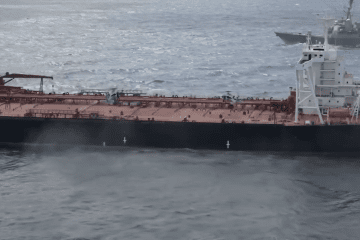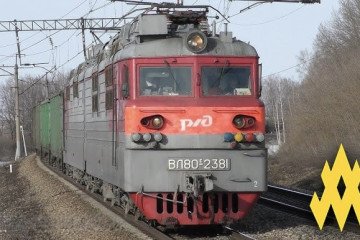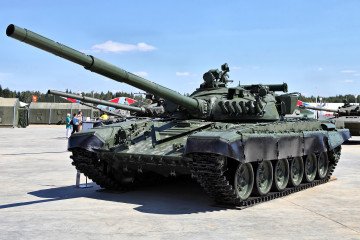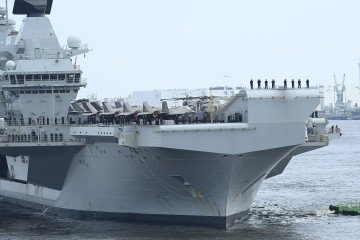- Category
- Latest news
Zelenskyy: Special Departments, Dual Citizenship, and Frozen Russian Assets Key to Bringing Ukrainians Home
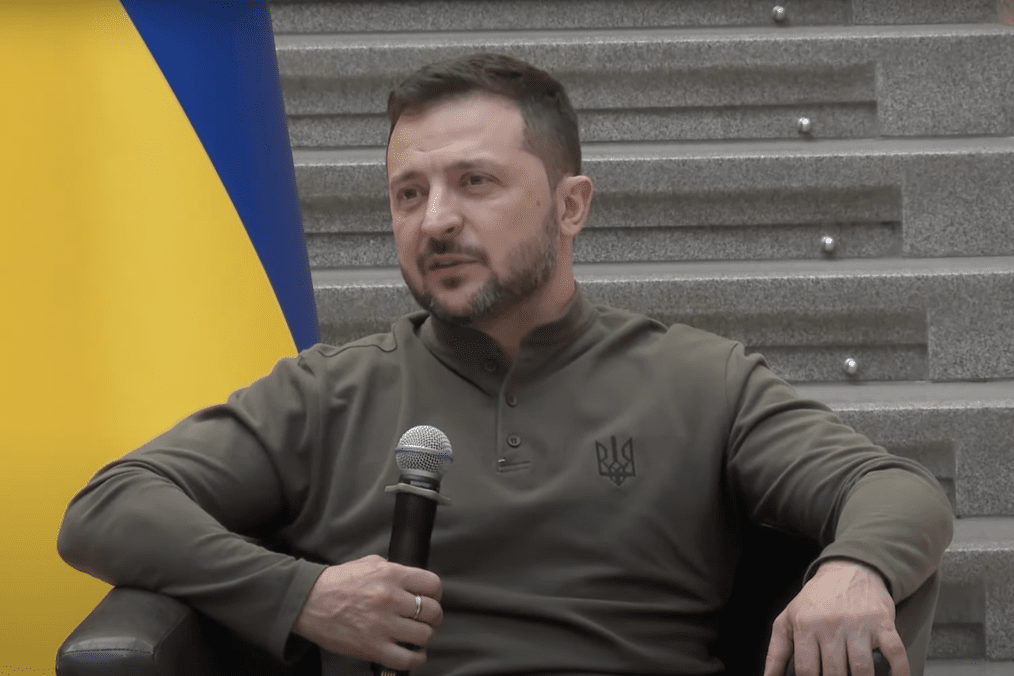
The opening of special departments in Poland and Germany, dual citizenship, and the use of frozen Russian assets will contribute to the return of Ukrainians home.
Ukrainian President Volodymyr Zelenskyy stated this during a press conference in Zakarpattia.
According to Zelenskyy, there is also a percentage of Ukrainians who are genuinely waiting for the end of the war and will return once it is over. He expressed confidence that Ukraine will be one of the European continent's leaders, making it a desirable place to return to.
“There cannot be a weak economy in a country that is called a leader. If there is an economy, salaries, and jobs, people will return. The issue of security guarantees is crucial because the end of the war does not yet mean security—it means security today for those here. Many people abroad are counting on future security guarantees,” he emphasized.
One of the solutions to encourage Ukrainians to return from abroad, according to the President, is the creation of special departments in other countries to represent Ukraine’s human capital, particularly in Poland and Germany.
“These will be ministry departments, overseen by the First Deputy Prime Minister of Ukraine. There will be programs and employment opportunities in Ukraine for Ukrainians, as many have lost even informational and personal connections with our country,” Zelenskyy said.
Another point is using frozen Russian assets to incentivize the return of Ukrainians.
In his opinion, the state must secure funds and ensure that Ukraine becomes a member of the EU and NATO.
Zelenskyy also mentioned dual citizenship as a supportive measure for the return of Ukrainians from abroad. He believes this will truly help those who have received certain documents in EU countries and other partner countries close to Ukraine during the war.

